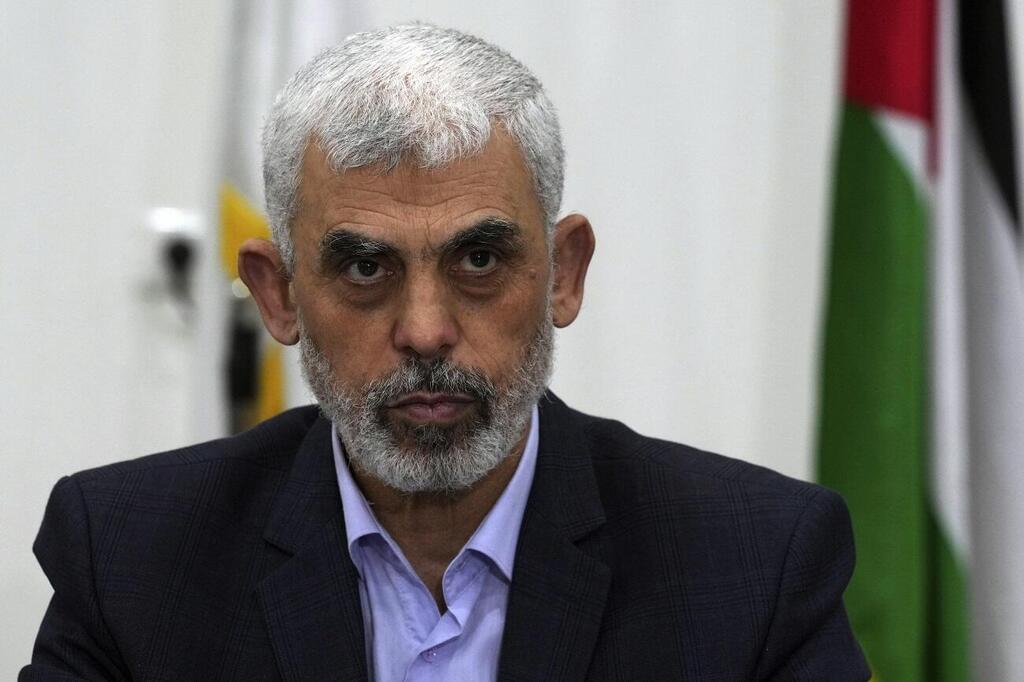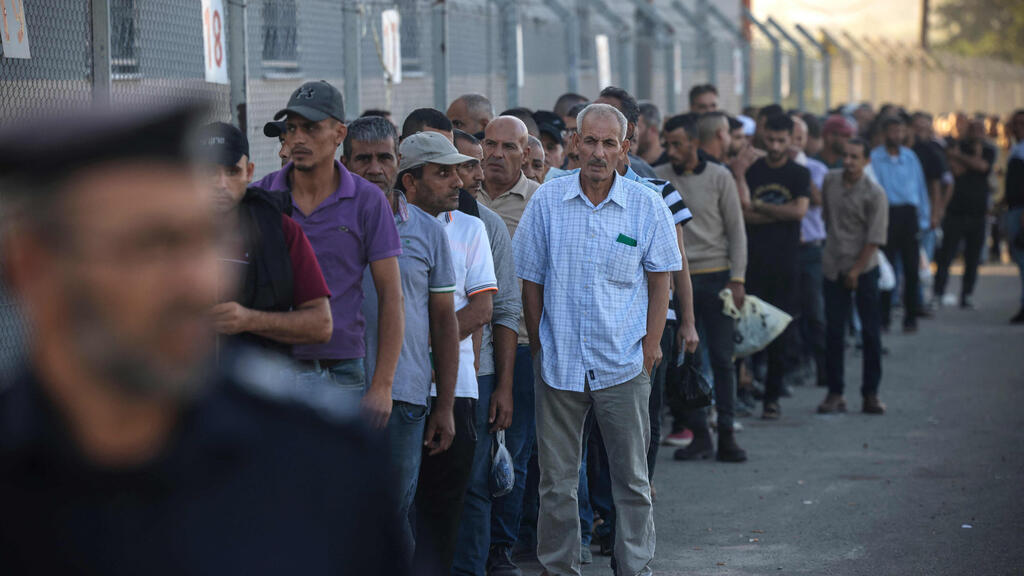The events of October 7 cannot be explained using existing Western analysis or "objectives" and "causes" found in the realm of Realpolitik. The war crime perpetrated by Hamas stems from a burning ideology and not from political, economic or social reasoning, and the massacre is perceived by the Islamist group as one more link in in the chain of its long-term vision to destabilize Israel and bring about its annihilation.
More stories:
The attack plan was implanted in the mind of Hamas leader Yahya Sinwar in the summer of 2014. He criticized the conduct of then-Hamas leader in Gaza Ismail Haniyeh in that war and swore the next one would be different. He said Hamas would be the instigator of the next war and it would begin on Israeli territory. Since then he has been committed to that goal.
This, therefore, is an apocalyptic battle which is not motivated by the here and now other than in its timing. Sinwar decided on the date after two main developments. The first was his estimation that Israeli society was entangled in inner conflict that reduced its ability to detect external threats and limited its ability to react and unite.
The second was the tectonic shifts in the region, primarily Iran's growing power, the weakness of the Palestinian Authority and what Sinwar's perception of a diminishing of the U.S. position in the Middle East.
On his way to achieving his goal, Sinwar applied the use of trial and error. In 2021, Hamas initiated armed conflict with Israel although there were no violent clashes along the Gaza border, and it was responding to events in Jerusalem. Although the Israeli response caused damage to the terror group, Israel sought to quickly end the fighting.
Israel also failed to live up to its commitments at the end of that war to prevent any civilian rebuilding of the strip before Hamas returned the hostages it then held: two civilians who were of ill mental health and had entered the Strip voluntarily and the remains of two IDF soldiers captured in the fighting.
In the following years, Israel committed to provide the Gaza-ruling Hamas with economic development and employment for its population under the misguided belief that Sinwar was concerned for the advancement of his population, while at the same time he and his military chief Mohammad Deif were committed to finalizing his planned attack, after they understood Israel would go a long way to get quiet along the border.
Hamas's actions in the past 2 1/2 years seems to confirm Israel 's conception. The terror group promoted terror in the West Bank, Jerusalem and inside Israel and allowed the Palestinian Islamic Jihad to face Israel alone in many rounds of fighting. Israel even commended Hamas for remaining outside of those fights, while Hamas used the workers allowed into Israel to plan and execute terror attacks and, even then, Israel failed to respond with any force.
All the while, Hamas was advancing its fraudulent strategy. Its leaders recognized the misconception accepted in Israel and added to them when Sinwar said in interviews that he was focused on developing the Gaza Strip and not on war. He even sent Prime Minister Benjamin Netanyahu a handwritten note in 2018, reading "take a calculated risk," when negotiations were underway for a long-term cease-fire.
Hamas understood Israel believed it was deterred and concerned for the continued willingness to allow workers from Gaza to be employed in Israel. He used mediators such as Qatar, to enforce those misconceptions and leave Israel fooled and unprepared.
The rude awakening on October 7 was not a result of a localized military failure to read the signs on the other side of the border, but rather a collective failure in understanding the essence of Hamas and its intentions.
After the war, Israel will not only have to learn how its security establishment had so terribly failed but will also have to rethink how, as a society, Israelis understand the reality of their geography and their place in the region.






